
CONTROL ENGINEERING PRACTICE VOL.23 2014/02 控制工程实践 ELSEVIER 外文工程技术-工程:电子与电气杂志
¥ 68 八品
仅1件
ISSN0967-0661
出版单位ELSEVIER
语言英文
开本16开
上书时间2024-04-01
- 在售商品 暂无
- 平均发货时间 11小时
- 好评率 暂无
- 店主推荐
- 最新上架
商品详情
- 品相描述:八品
-
本店所有图书杂志报纸均为实拍图片,您可点击放大看实际品相。基本都在8-9品以上,多少都有运输过的磨损,个别品相不好;如您需要好品相请您咨询后慎拍,对品相苛刻者请您绕行,以免发生不愉快。本店利薄不接受议价。快递费按不同地区不同重量(每1公斤为一个计价)实际发生费用计算。请您先验货后签收。现在快递都在飞件,如果有任何不满意就请您不要签收。一旦签收即视为满意,不再接受退换货。敬请谅解。敬请各位收到货后百忙之中抽时间给个评价,以资鼓励和提高本店服务质量。在此谢过啦! 因本店工作中的失误给您造成误解和不便请您及时沟通 17731266792 在此首先向您道歉!祝您购物愉快!
人不以高矮胖瘦拿薪水,书本也不是以薄厚论价值。您懂得------
- 商品描述
-
Control Engineering Practice strives to meet the needs of industrial practitioners and industrially related academics and researchers. It publishes papers which illustrate the direct application of control theory and its supporting tools in all possible areas of automation. As a result, the journal only contains papers which can be considered to have made significant contributions to the application of advanced control techniques. It is normally expected that practical results should be included, but where simulation only studies are available, it is necessary to demonstrate that the simulation model is representative of a genuine application. Strictly theoretical papers will find a more appropriate home in Control Engineering Practice's sister publication, Automatica. It is also expected that papers are innovative with respect to the state of the art and are sufficiently detailed for a reader to be able to duplicate the main results of the paper (supplementary material, including datasets, tables, code and any relevant interactive material can be made available and downloaded from the website). The benefits of the presented methods must be made very clear and the new techniques must be compared and contrasted with results obtained using existing methods. Moreover, a thorough analysis of failures that may happen in the design process and implementation can also be part of the paper.
The scope of Control Engineering Practice matches the activities of IFAC.
Papers demonstrating the contribution of automation and control in improving the performance, quality, productivity, sustainability, resource and energy efficiency, and the manageability of systems and processes for the benefit of mankind and are relevant to industrial practitioners are most welcome.
相关推荐
-
![现货 Introduction to Modern Sleep Technology (2012) (Intelligent Systems, Control and Automation: Science and Eng)[9789400754690]](https://www0.kfzimg.com/sw/kfz-cos/kfzimg/17733071/25e6fb08512e23c9_s.jpg)
现货 Introduction to Modern Sleep Technology (2012) (Intelligent Systems, Control and Automation: Science and Eng)[9789400754690]
九五品上海
¥ 1247.00
-

DISCOVERING ENG
八五品衡水
¥ 14.87
-

Eng Iand
八五品北京
¥ 10.00
-

control
九五品北京
¥ 46.50
-
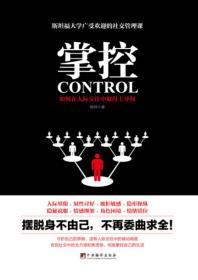
掌控 专著 Control 如何在人际交往中取得主导权 陈玮著 eng zhang kong
全新保定
¥ 12.54
-
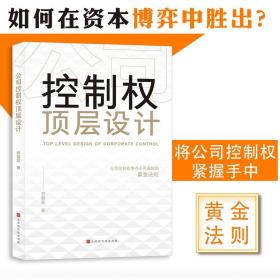
公司控制权顶层设计 专著 Top level design of corporate control 郑磊磊著 eng gong si ko
全新保定
¥ 18.20
-

公司控制权顶层设计 专著 Top level design of corporate control 郑磊磊著 eng gong si ko
九五品保定
¥ 27.10
-

交通管理与控制 专著 Traffic management and control 吴兵,李晔编著 eng jiao tong guan
九五品保定
¥ 25.70
-

交通管理与控制 专著 Traffic management and control 吴兵,李晔编著 eng jiao tong guan
全新保定
¥ 24.38
-
![企业内部控制 专著 Enterprise internal control 李荣梅[等]编著 eng qi ye nei bu kong zhi](https://www0.kfzimg.com/sw/kfz-cos/kfzimg/15015164/4f6ecfff551813bf_s.jpg)
企业内部控制 专著 Enterprise internal control 李荣梅[等]编著 eng qi ye nei bu kong zhi
全新保定
¥ 23.98
— 没有更多了 —








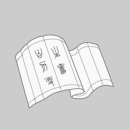

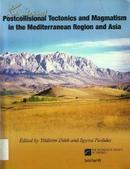
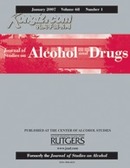


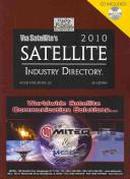
![Polymer-based Nanostructures: Medical Applications (RSC Nanoscience & Nanotechnology) [Hardcover]](https://www0.kfzimg.com/20130526/3348727/3348727ESWRa0_s.jpg)
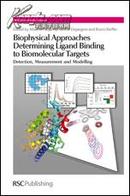
![Conjunctions: 41, Two Kingdoms [Paperback]](https://www0.kfzimg.com/20130526/3348727/3348727XKnBr0_s.jpg)



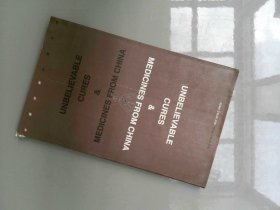

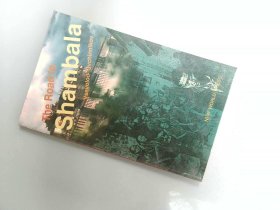






以下为对购买帮助不大的评价